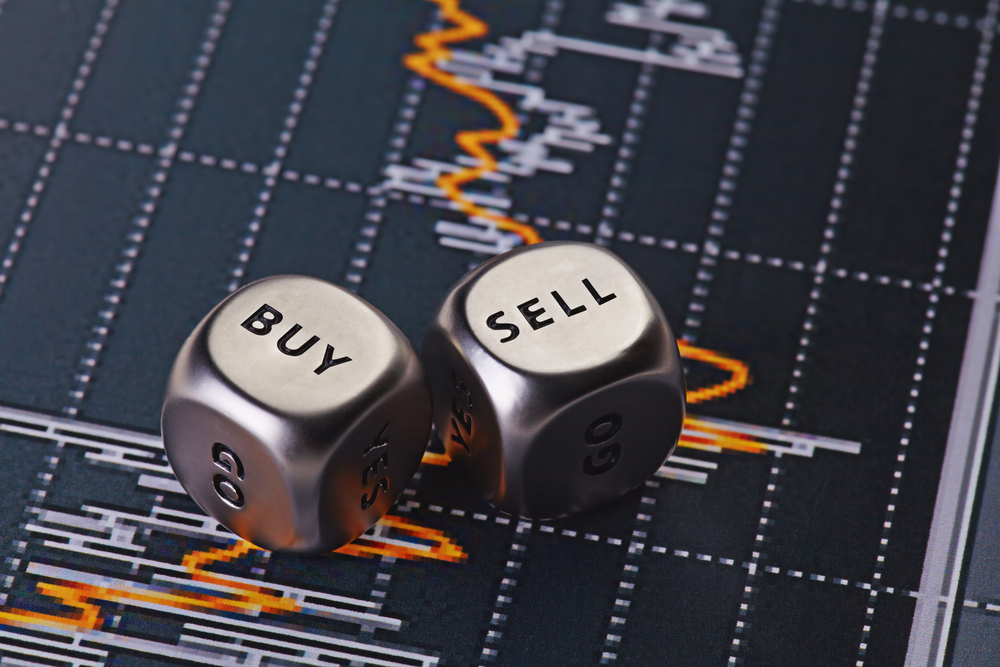Forex is the largest financial market globally and certainly one of the most volatile ones. There are countless opportunities to trade, but to avail them, you need to know what moves the currency prices.
Like all other markets, forex is driven by the shift between supply and demand. For example, if a trader believes the dollar will strengthen against the pound, the demand for the dollar will increase, and more traders will buy it.
Here, the demand is greater than the supply. On the other hand, if a trader suspects that the dollar will weaken, they will sell it- reducing the demand for the dollar in the market. In this case, the supply is greater than the demand.
Variables that move the currency prices
The forex market encircles currencies from all over the world. Thus, there are a lot of variables that affect the movement of currency prices. Some are:
Interest Rates
Interest rate is one of the biggest factors that affect the forex market. This is because the interest rates keep on changing throughout the year, which affects the country’s currency value. A higher interest rate causes an increase in a country’s currency value by attracting more foreign capital, which increases the exchange rates.
Country’s Current Account
A country’s current account is the record of its import and export and earnings on foreign investment. A positive current account means the export rate is higher than the import making the country a net lender. Contrarily, a negative one means that the import rate is higher than the export and the country is a net borrower.
Gross Domestic Product (GDP)
GDP measures a country’s economic activity at a particular period. The economic status determines whether it has a positive trade flow or negative. Thus, GDP plays an important role in moving the currency prices.
Political Stability
The forex market reacts drastically to the political events happening in a country. Political stability can affect its currency’s value in the international market. A country with a stable political and financial condition keeps its currency’s value, leaving no space for uncertainty.
Contrarily, a country with poor political conditions can face fluctuations in its currency value and exchange rates. Thus, the status and image of a country can either help in bringing investment in or moving out easily.
Government Debt
Government debt is the public or the national debt owed by the central government. The higher the country’s debt, the lower the chances to gain foreign capital. This leads to a higher inflation rate which lowers the currency value.
Inflation Rate
If a country’s inflation rate is higher than others, its currency value will face depreciation. Conversely, the lower inflation rate exhibits a stable and rising currency.
Thus, a change in the inflation rate causes changes in the currency exchange rates of a country. Therefore, a trader buys a country’s currency where the inflation rate is lower.
Bottom line
Forex is a market where the supply and demand mechanism determines the prices. Some variables that affect a country’s currency value are discussed above. These are the variables that inverters keep in mind before investing in any currency.


